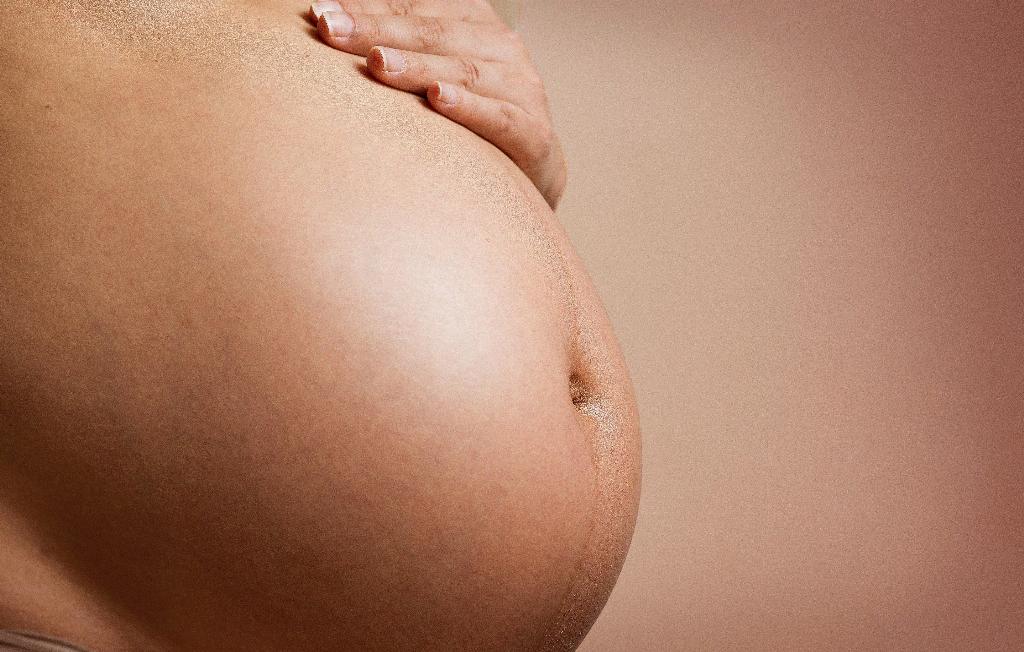When you’re expecting a little one, your body goes through a myriad of changes to accommodate the growth and development of your baby. One common physical change that many pregnant individuals experience is the hardening of the stomach. This firmness typically occurs as your uterus expands and presses against your abdominal wall.
During pregnancy, the hardening of your stomach is a normal and expected occurrence. It is a sign that your body is diligently working to create a safe and nurturing environment for your growing baby. As your baby develops and your uterus expands, the abdominal wall begins to feel tight and firm to the touch.
While the exact timing can vary from person to person, many individuals start to notice that their stomach becomes harder during the second or third trimester of pregnancy. This is typically when the uterus has grown significantly in size, causing it to press against the abdominal wall and stretch the surrounding muscles and ligaments.
As your pregnancy progresses, you may feel a gradual increase in the firmness of your stomach. This hardening sensation can be more pronounced during certain activities, such as when you are standing for long periods or engaging in physical exercise. It’s important to listen to your body and take breaks as needed to ensure your comfort and well-being.
As your stomach becomes harder during pregnancy, you may also experience mild cramping or discomfort. This is often due to the stretching of the muscles and ligaments surrounding the uterus as it grows. While these sensations are usually normal, it’s essential to consult with your healthcare provider if you have any concerns or if the discomfort becomes severe.
Many pregnant individuals find that wearing supportive maternity clothing can help alleviate some of the discomfort associated with a hardening stomach. Maternity belts or bands can provide additional support to the abdominal area, reducing strain on the muscles and ligaments. Additionally, maintaining good posture and practicing gentle stretching exercises can also help ease any discomfort.
It’s important to remember that every pregnancy is unique, and the timing of when your stomach gets hard can vary. Factors such as the position of the baby, the number of pregnancies you’ve had, and your individual body structure can all influence when you start to notice changes in the firmness of your abdomen.
If you’re unsure about the sensations you’re experiencing or if you have any concerns about the hardening of your stomach during pregnancy, don’t hesitate to reach out to your healthcare provider. They can offer guidance and reassurance to ensure that you and your baby are healthy and thriving throughout the pregnancy journey.
In conclusion, the hardening of the stomach during pregnancy is a common occurrence that typically occurs in the second or third trimester. This sensation is a result of your expanding uterus pressing against the abdominal wall and stretching the surrounding muscles and ligaments. While it’s a normal part of pregnancy, it’s essential to pay attention to your body and seek medical advice if you have any concerns. Embrace the changes your body goes through during this miraculous time, and remember to take good care of yourself as you prepare to welcome your little one into the world.

